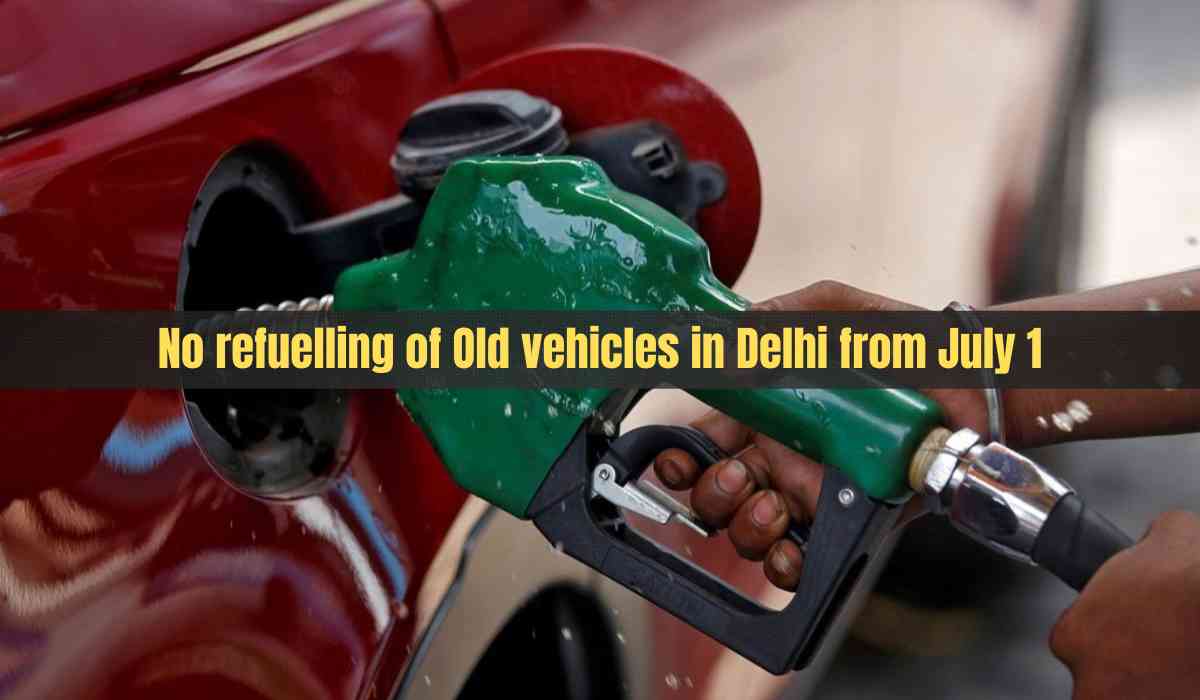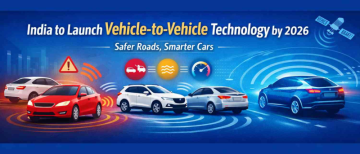In a landmark move to combat vehicular pollution, the Commission for Air Quality Management (CAQM) has announced that starting July 1, 2025, fuel stations in Delhi will stop refuelling vehicles that have exceeded their legal operational lifespan. This bold step is part of a comprehensive plan to improve air quality in the National Capital Region (NCR), which has long grappled with dangerously high pollution levels.
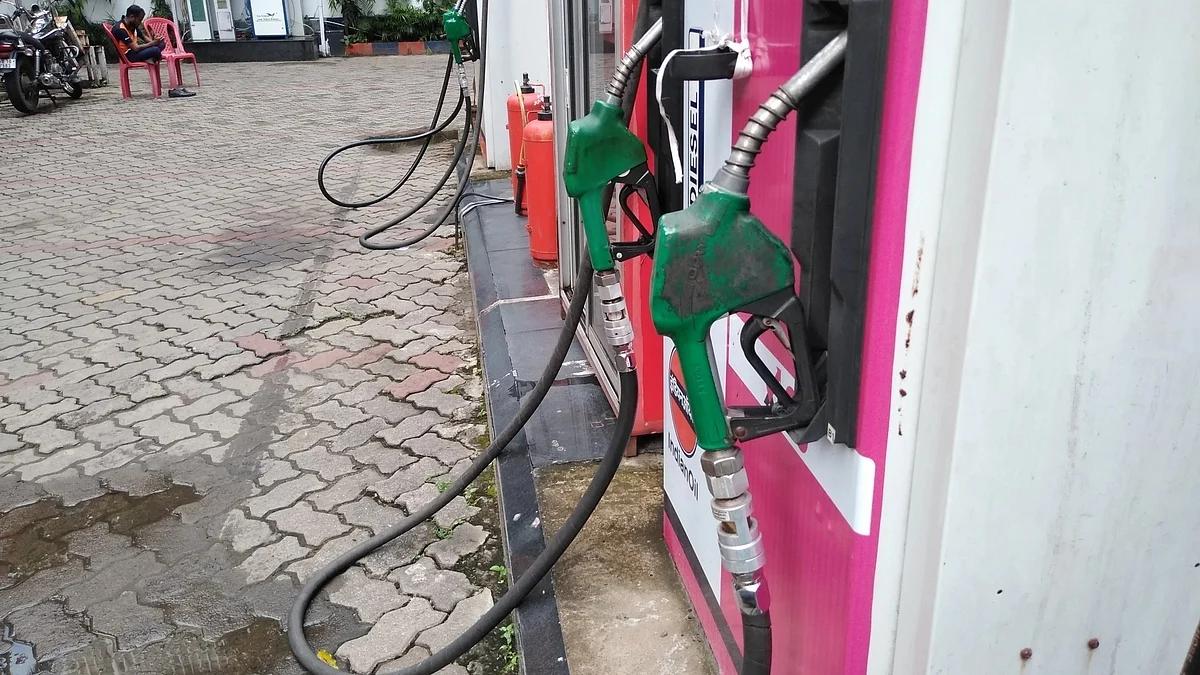
What the New Directive Means
The new rule targets two categories of aging vehicles:
-
Diesel vehicles older than 10 years
-
Petrol vehicles older than 15 years
From July 1, these vehicles, classified as End-of-Life (EoL) vehicles, will no longer be eligible to receive fuel at any petrol or diesel station in Delhi. The directive is set to affect more than 27.5 lakh vehicles in the city alone.
High-Tech Enforcement: ANPR Cameras to Monitor Compliance
To ensure smooth and automatic enforcement, fuel stations across Delhi are required to install Automated Number Plate Recognition (ANPR) cameras by June 30, 2025. These cameras will:
-
Instantly identify vehicle registration numbers
-
Check the vehicle’s age and pollution status using the VAHAN database
-
Verify the validity of Pollution Under Control (PUC) certificates
Vehicles flagged as overage or without valid documentation will be denied refuelling on the spot. This technology-driven enforcement model is expected to minimize manual intervention and streamline compliance.
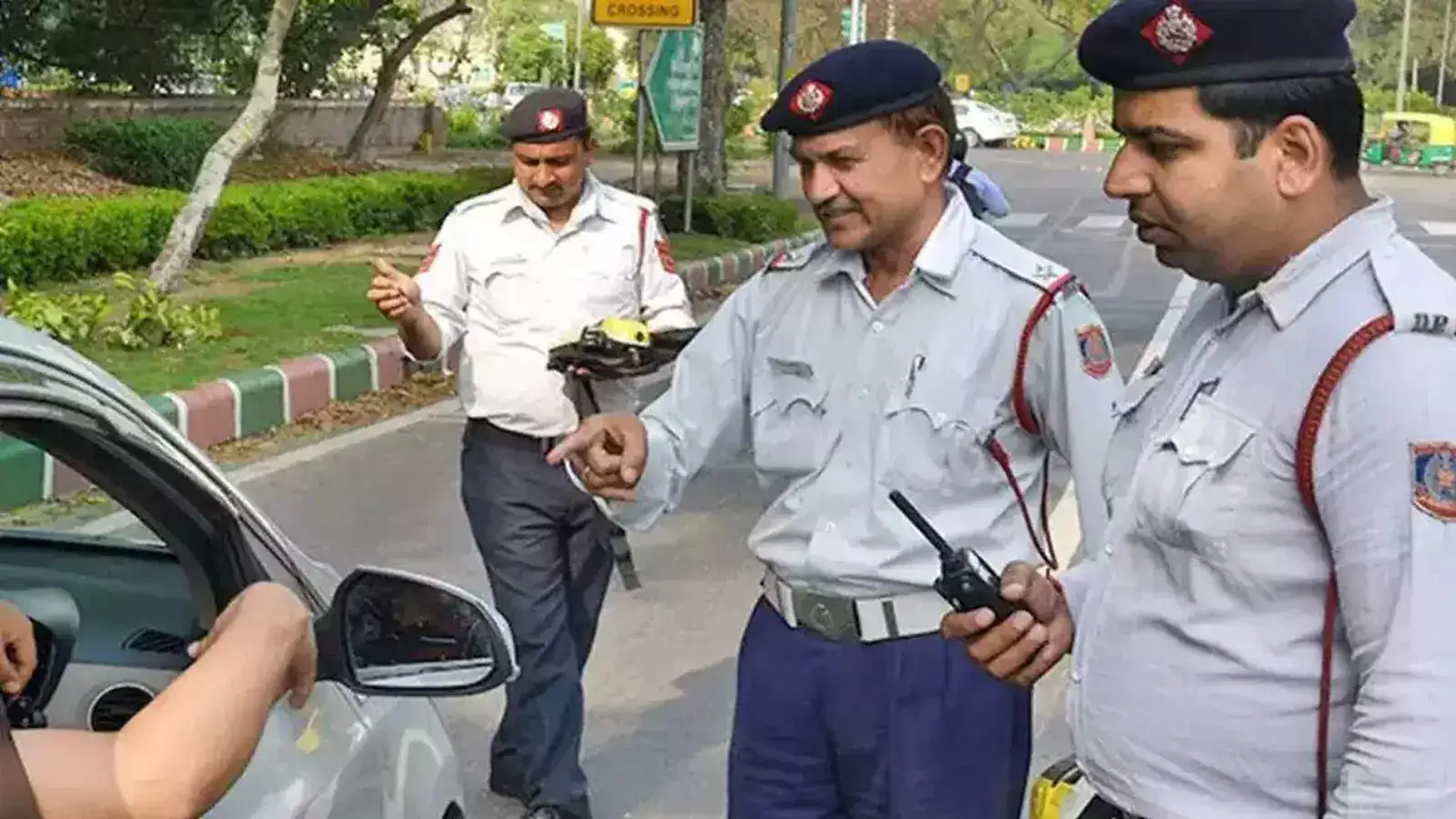
Expansion to Other NCR Districts in Phases
Delhi will be the first city to implement this fuel ban, but the initiative is set to spread across other NCR districts in a phased manner:
-
From November 1, 2025: Five high-pollution, high-traffic districts—Gurugram, Faridabad, Ghaziabad, Gautam Budh Nagar, and Sonipat—will adopt the same rules. These districts must install ANPR cameras by October 31, 2025.
-
By April 1, 2026: All remaining NCR districts are expected to comply. Camera installations in these areas must be completed by March 31, 2026.
This staggered implementation is aimed at providing sufficient time for logistical preparations and infrastructure setup in each district.
Enforcement Measures and Penalties
The CAQM has emphasized strict enforcement and accountability under this directive. Violators, including fuel station operators and vehicle owners, will face penalties:
-
Fuel stations refuelling restricted vehicles will be subject to action
-
Identified overage vehicles may be impounded and scrapped under the Registered Vehicle Scrapping Facility (RVSF) Rules
-
Authorities will utilize traffic surveillance networks and Integrated Command and Control Centres to spot violations and take immediate legal steps
All government departments involved in the implementation process have been instructed to submit monthly progress reports to the commission to ensure ongoing oversight.
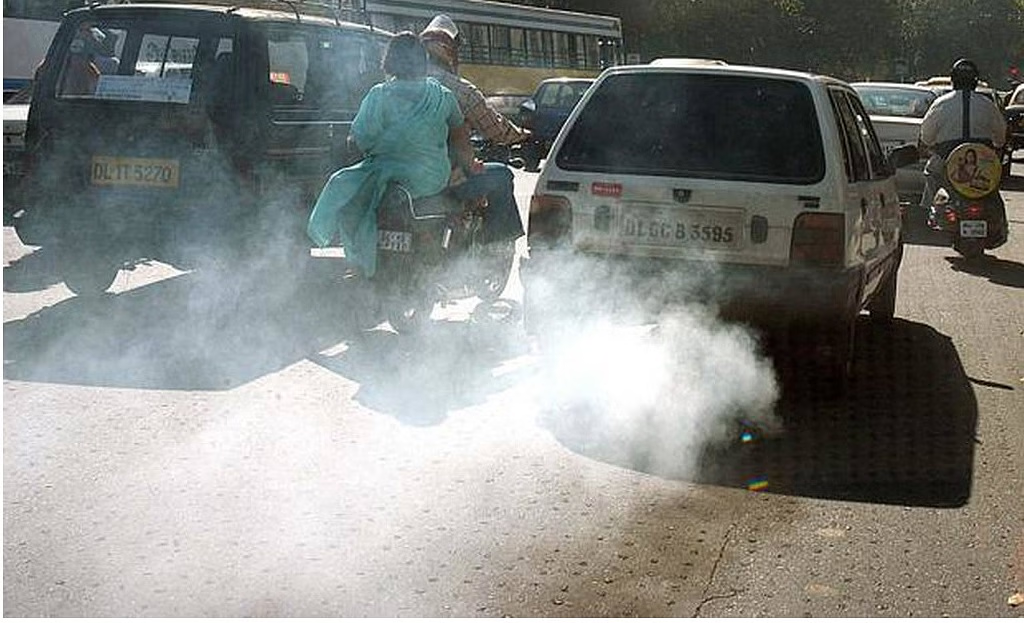
The Numbers: Millions of Vehicles to Be Impacted
The scale of the ban is substantial, affecting a large number of vehicles across the region:
-
Delhi: Over 27.5 lakh vehicles will fall under the end-of-life category and be denied fuel
-
Uttar Pradesh (NCR districts): Over 61 lakh vehicles
-
Haryana: More than 22 lakh vehicles
These figures underscore the massive effort required to enforce the new policy effectively and the potential environmental gains from reducing emissions from these vehicles.
BS-VI Emission Standards for Commercial Vehicles
In a complementary move to further reduce pollution, starting November 1, 2025, all commercial vehicles entering Delhi must comply with BS-VI emission norms. This means:
-
Only vehicles running on CNG, LNG, or electricity will be allowed to enter
-
Diesel trucks that do not meet BS-VI standards will be banned from entering the city
-
Even commercial vehicles registered in Delhi must comply to remain operational
This additional measure aims to prevent non-compliant vehicles from offsetting the gains of the EoL fuel ban.
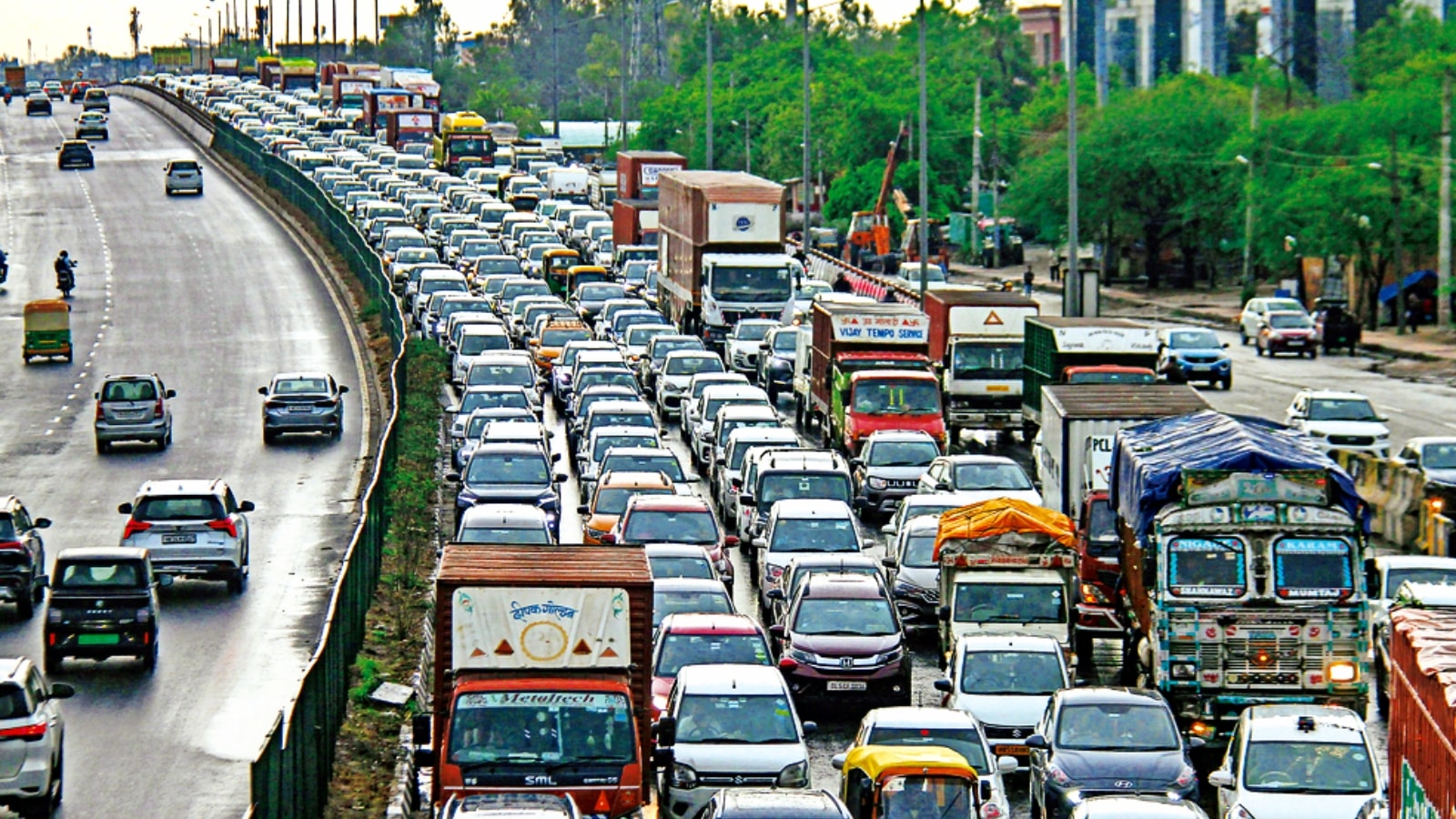
Background: A Long-Delayed Crackdown on Vehicular Emissions
The CAQM’s directive follows a decade-long delay in effectively removing old, polluting vehicles from NCR roads, despite repeated orders from:
-
The Supreme Court of India
-
The National Green Tribunal (NGT)
The Delhi government had initially hinted at the move in March 2025, announcing the upcoming fuel ban for aging vehicles. With about 500 fuel refilling stations across Delhi, implementation will be widespread and comprehensive.
Why This Matters: Fighting Delhi's Chronic Air Pollution
Delhi consistently ranks among the most polluted cities in the world. The move to restrict fuel access to old vehicles is a part of a broader strategy to address this public health emergency. Vehicular emissions are a leading source of toxic pollutants, particularly during winter when the air becomes denser and pollution levels spike.
By becoming the first Indian city to implement a blanket fuel denial policy for overage vehicles, Delhi is setting a precedent for other cities battling similar issues. The ultimate goal is a cleaner, healthier environment for the millions who call the NCR home.
With inputs from agencies
Image Source: Multiple agencies
© Copyright 2025. All Rights Reserved Powered by Vygr Media.

